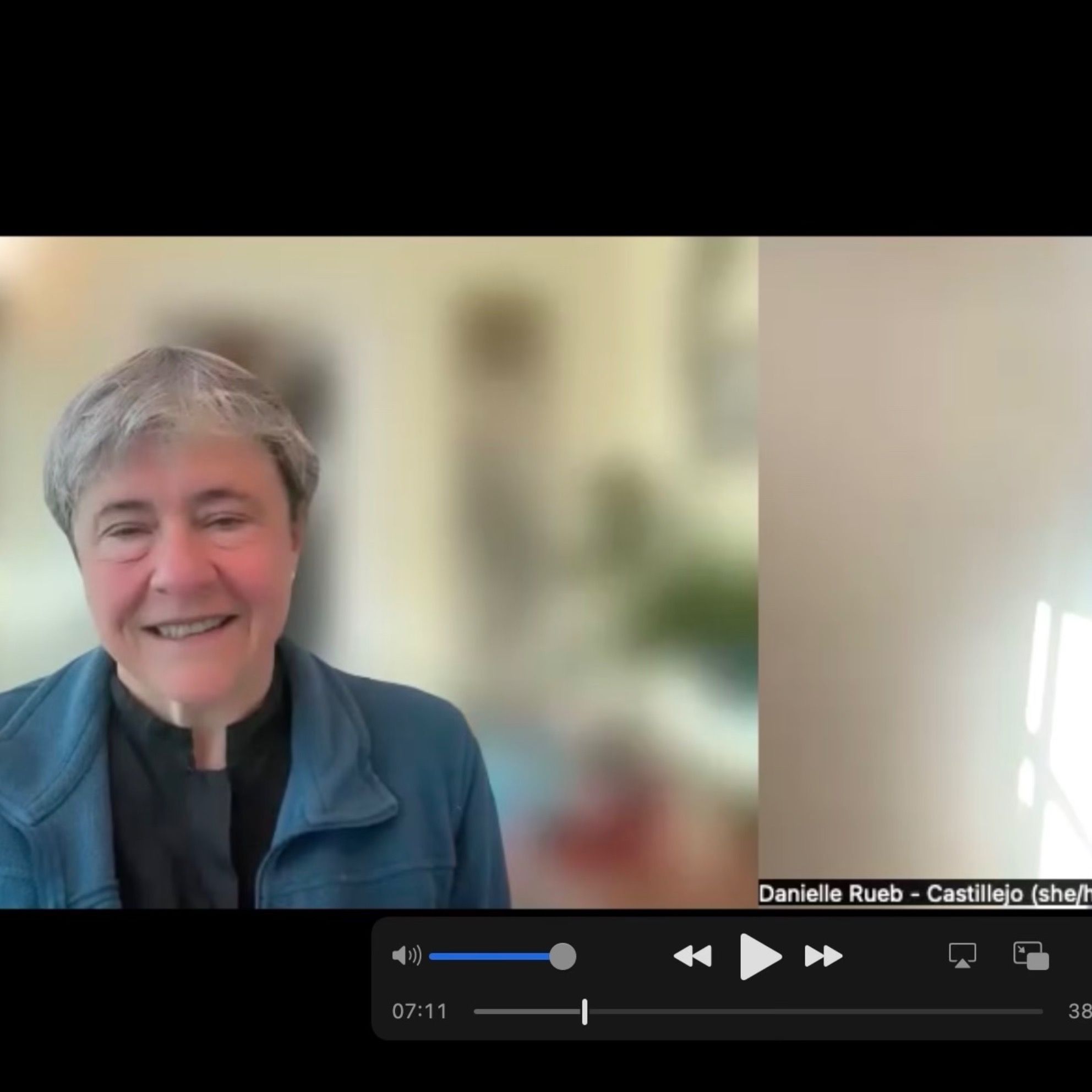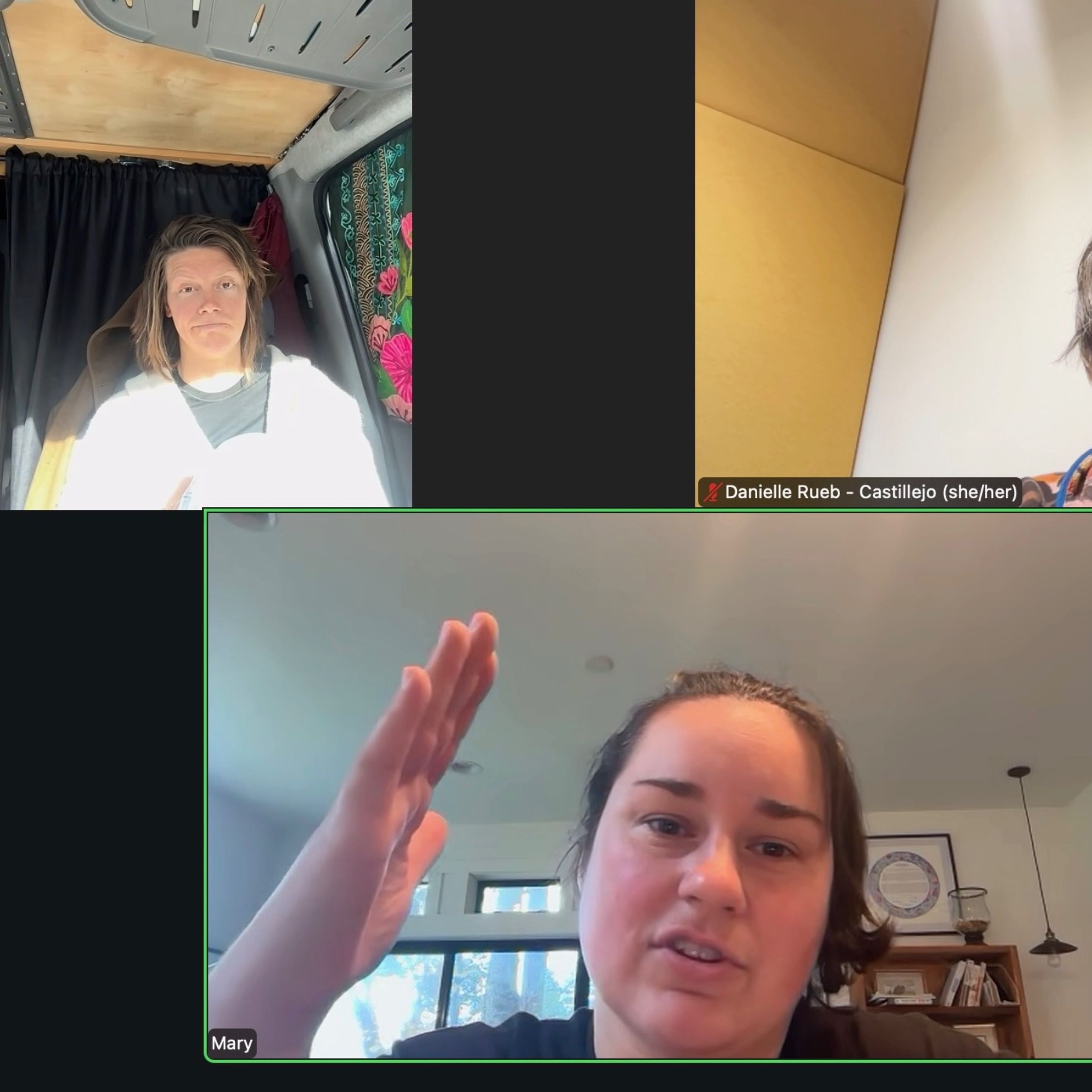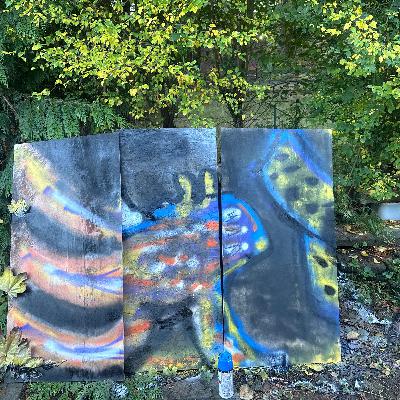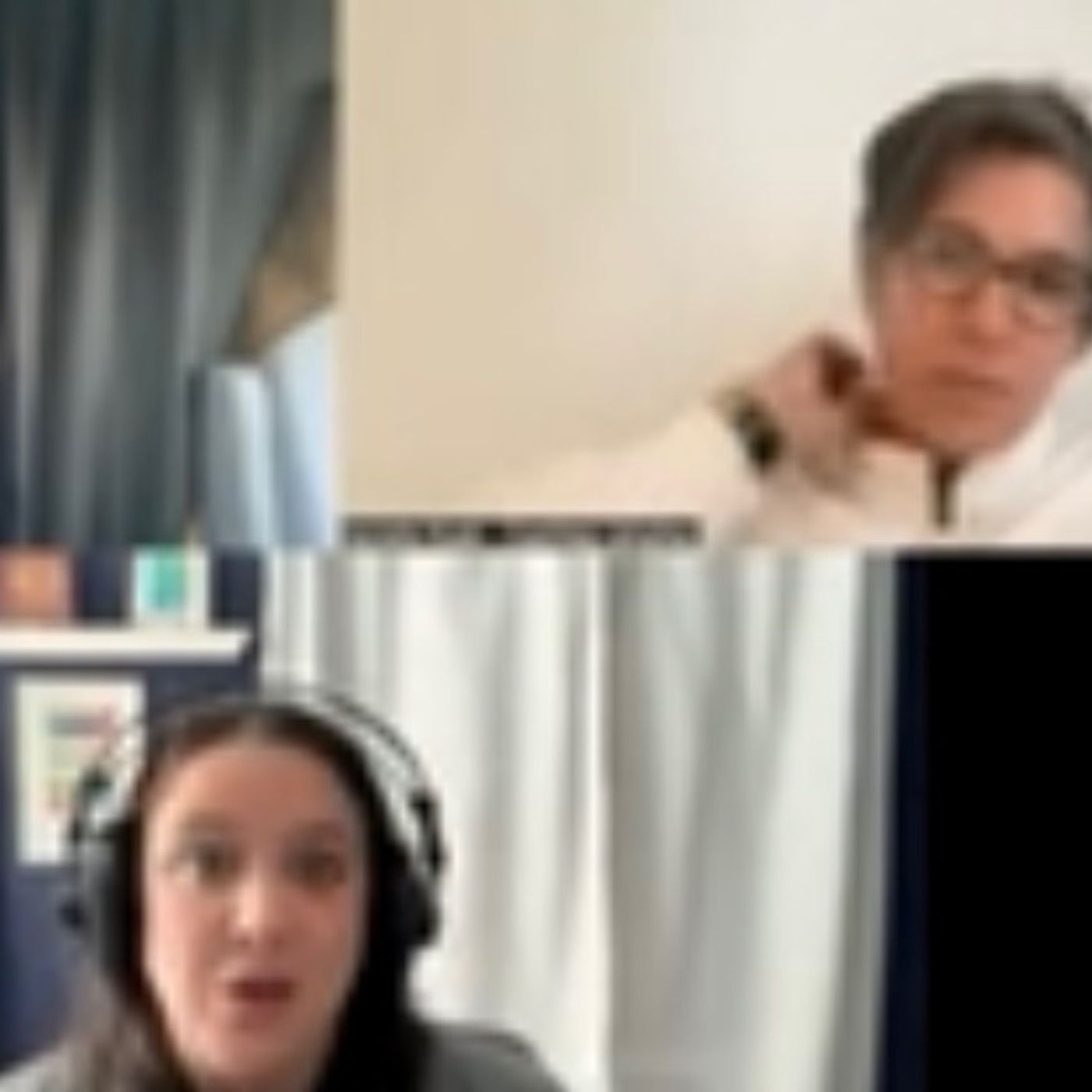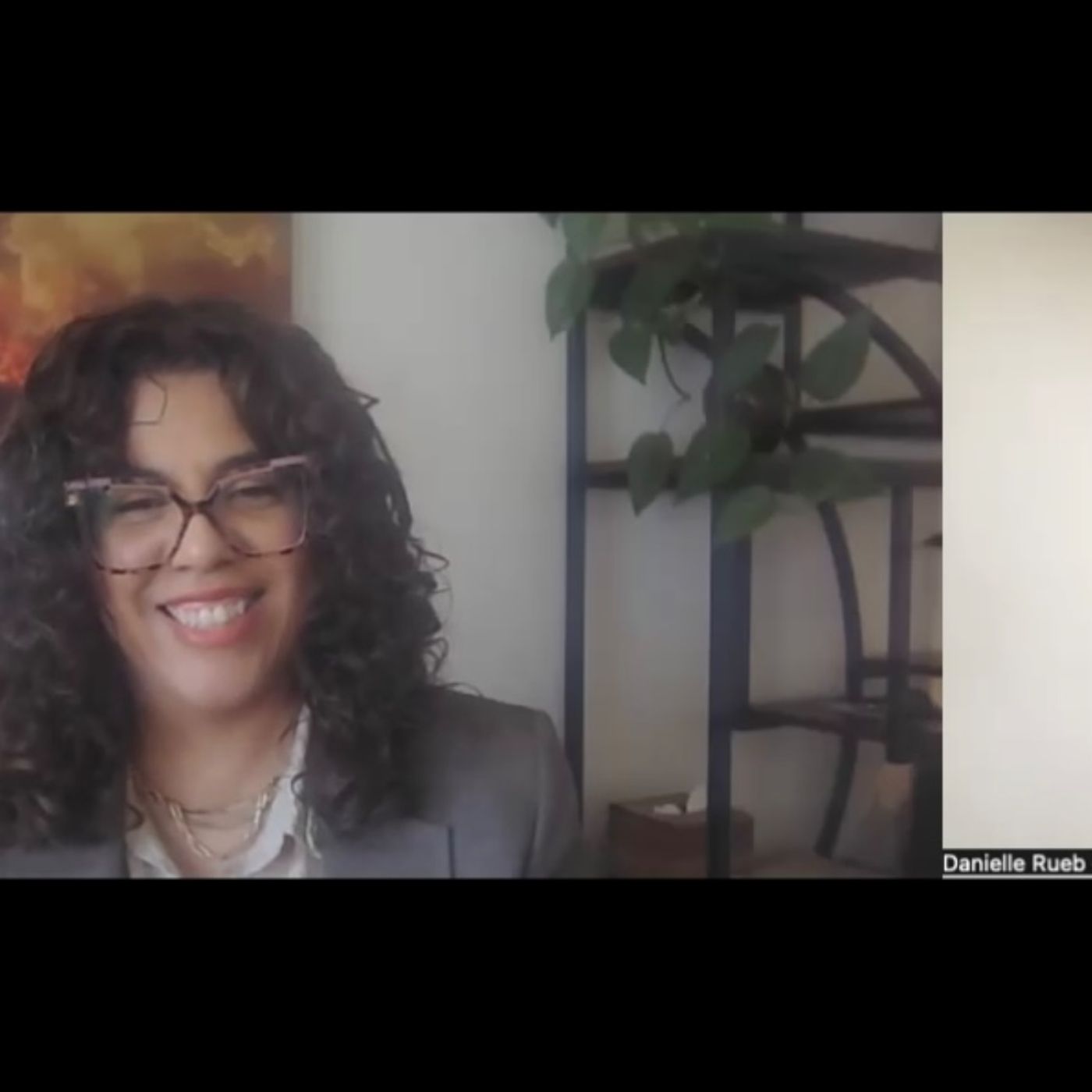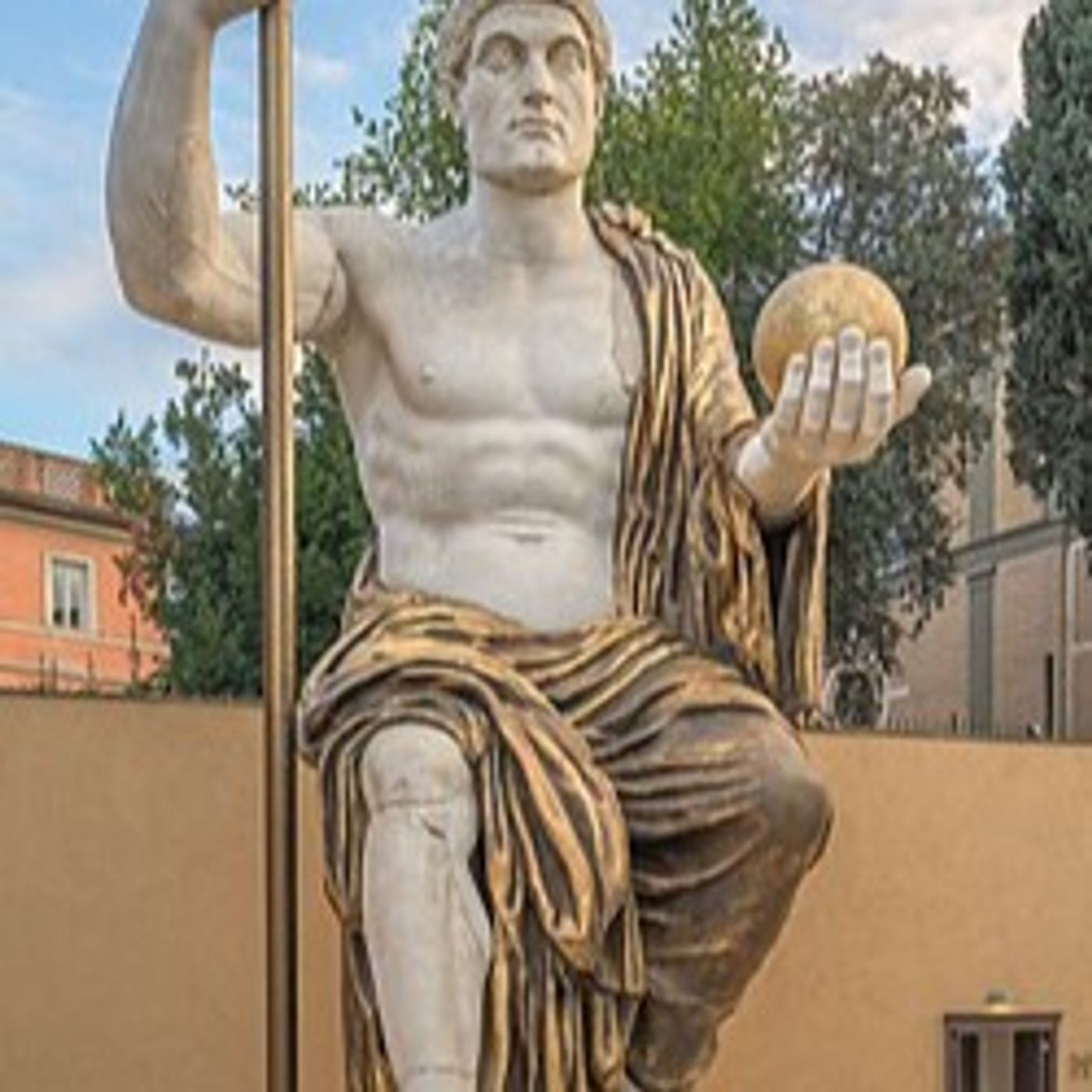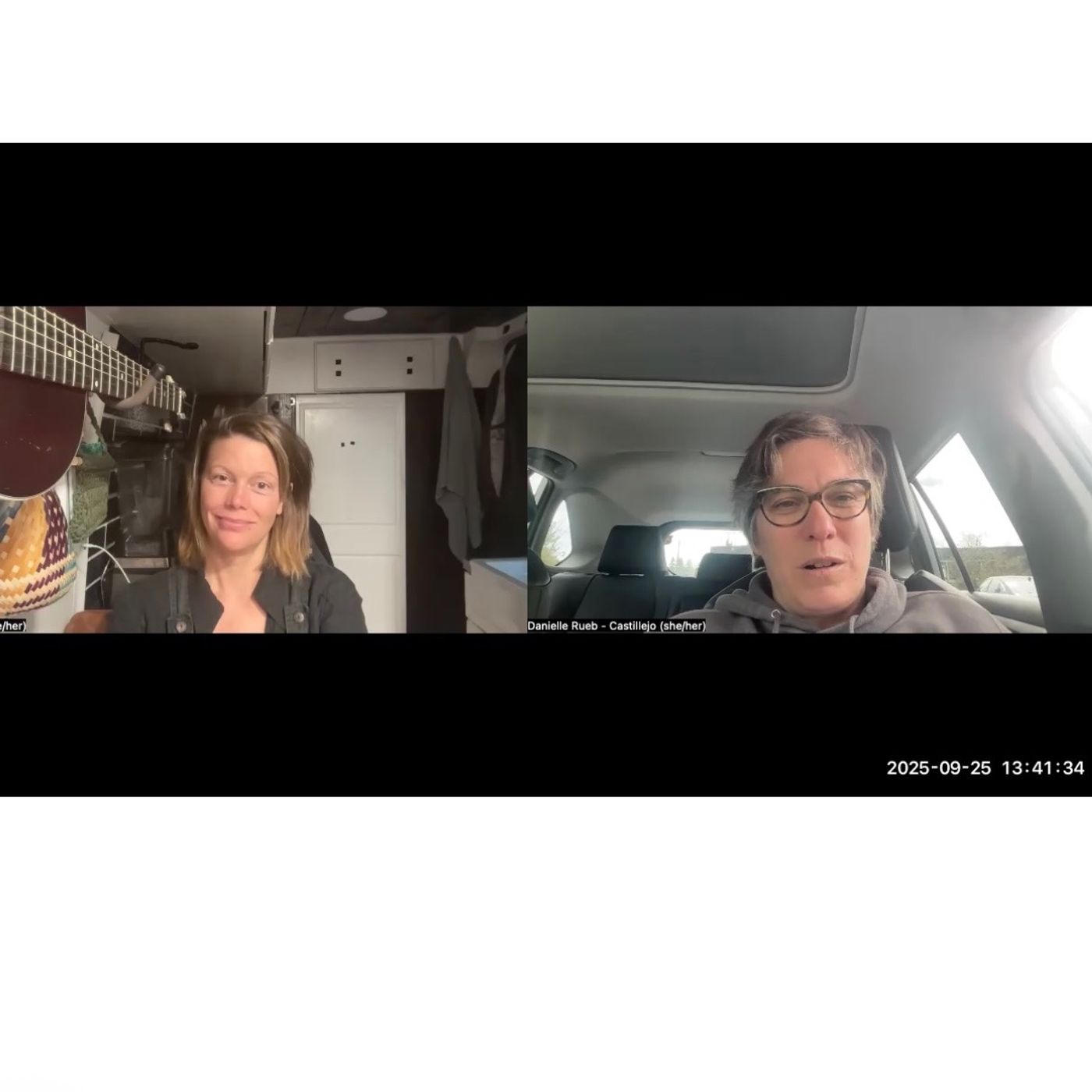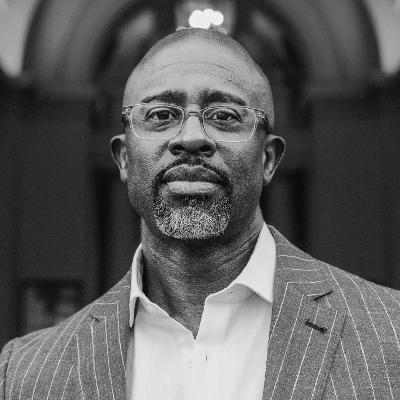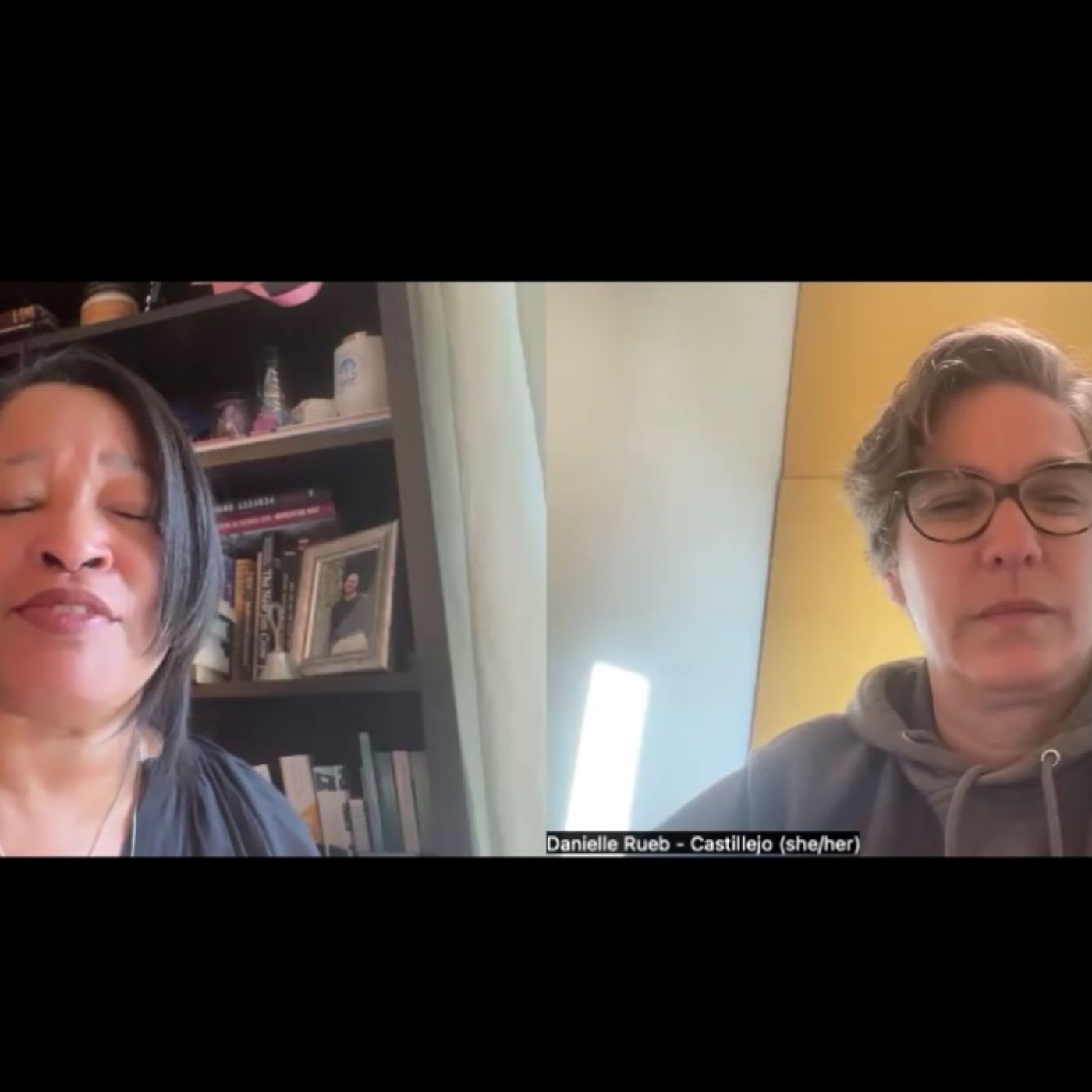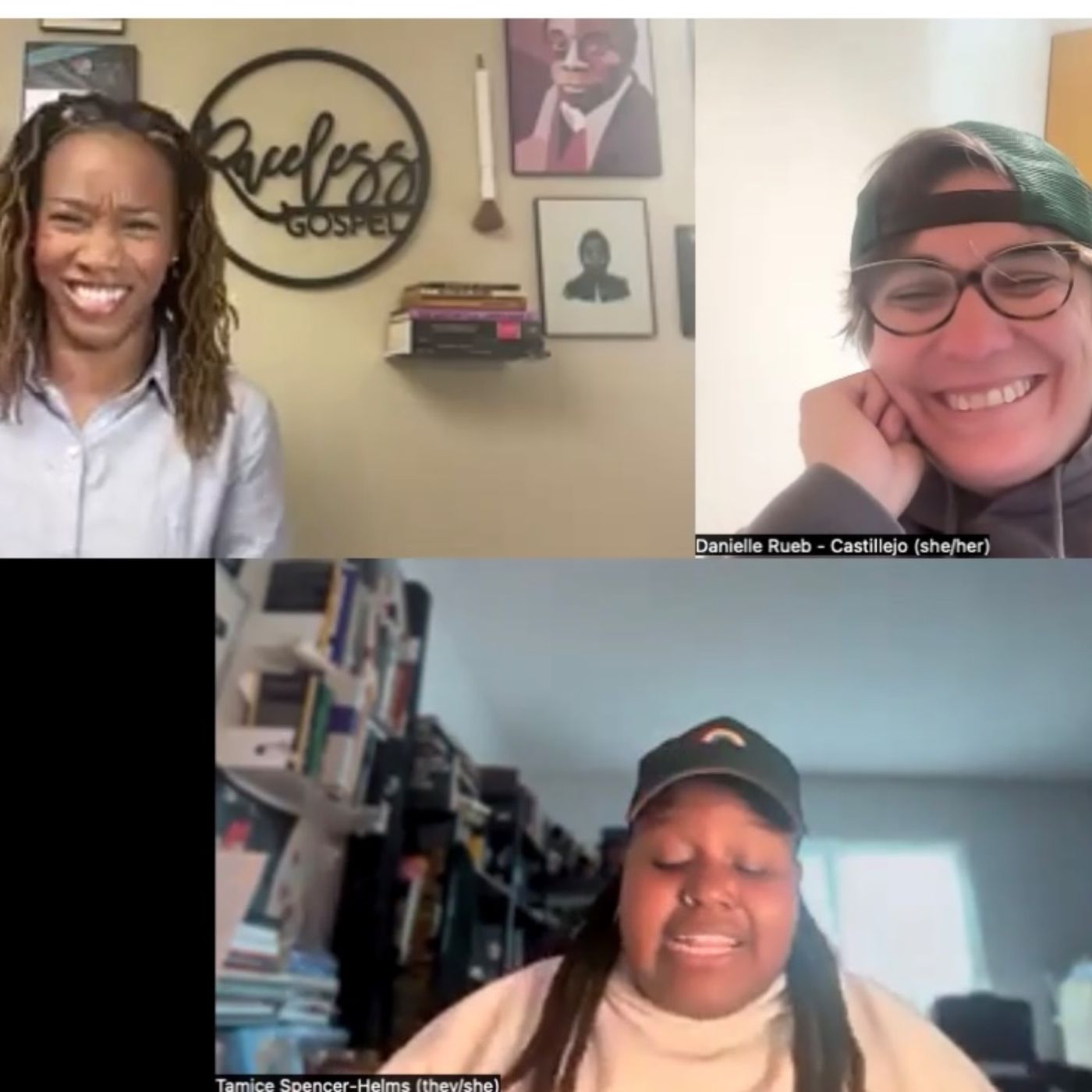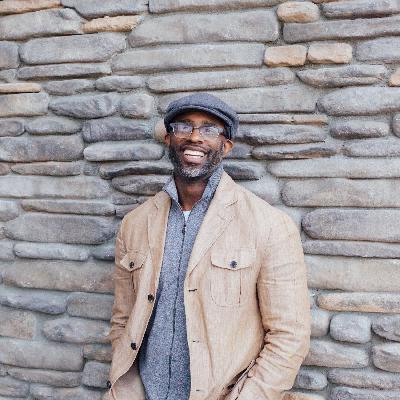Season 6, Episode 6: Community Advocate Sarah Van Gelder speaks about Reality and Politics
Description
Danielle (00:20 ):
Welcome to the Arise podcast, conversations about reality and talking a lot about what that means in the context of church, faith, race, justice, religion, all the things. Today, I'm so honored to have Sarah Van Gelder, a community leader, an example of working and continuing to work on building solidarity and networks and communication skills and settling into her lane. I hope you enjoy this conversation. Hey, Sarah, it's so good to be with you. And these are just casual conversations, and I do actual minimal editing, but they do get a pretty good reach, so that's exciting. I would love to hear you introduce yourself. How do you introduce yourself these days? Tell me a little bit about who you are. Okay.
Sarah (01:14 ):
My name is Sarah Van Gelder and I live in Bremer and Washington. I just retired after working for the Suquamish Tribe for six years, so I'm still in the process of figuring out what it means to be retired, doing a lot of writing, a certain amount of activism, and of course, just trying to figure out day to day, how to deal with the latest, outrageous coming from the administration. But that's the most recent thing. I think what I'm most known for is the founding yes magazine and being the editor for many years. So I still think a lot about how do we understand that we're in an era that's essentially collapsing and something new may be emerging to take its place? How do we understand what this moment is and really give energy to the emergence of something new? So those are sort of the foundational questions that I think about.
Danielle (02:20 ):
Okay. Those are big questions. I hadn't actually imagined that something new is going to emerge, but I do agree there is something that's collapsing, that's disintegrating. As you know, I reached out about how are we thinking about what is reality and what is not? And you can kind of see throughout the political spectrum or community, depending on who you're with and at what time people are viewing the world through a specific lens. And of course, we always are. We have our own lens, and some people allow other inputs into that lens. Some people are very specific, what they allow, what they don't allow. And so what do we call as reality when it comes to reality and politics or reality and faith or gender, sexuality? It's feeling more and more separate. And so that's kind of why I reached out to you. I know you're a thinker. I know you're a writer, and so I was wondering, as you think about those topics, what do you think even just about what I've said or where does your mind go?
Sarah (03:32 ):
Yeah. Well, at first when you said that was the topic, I was a little intimidated by it because it sounded a little abstract. But then I started thinking about how it is so hard right now to know what's real, partly because there's this very conscious effort to distort reality and get people to accept lies. And I think actually part of totalitarian work is to get people to just in the Orwellian book 1984, the character had to agree that two plus two equals five. And only when he had fully embraced that idea could he be considered really part of society.
(04:14 ):
So there's this effort to get us to accept things that we actually know aren't true. And there's a deep betrayal that takes place when we do that, when we essentially gaslight ourselves to say something is true when we know it's not. And I think for a lot of people who have, I think that's one of the reasons the Republican party is in such trouble right now, is because so many people who in previous years might've had some integrity with their own belief system, have had to toss that aside to adopt the lies of the Trump administration, for example, that the 2020 election was stolen. And if they don't accept those lies, they get rejected from the party. And once you accept those lies, then from then on you have betrayed yourself. And in many ways, you've betrayed the people who trust you. So it's a really tough dilemma sort of at that political level, even for people who have not bought into the MAGA mindset, or I do think of it as many people have described as a cult.
(05:31 ):
Now, even for people who have not bought into that, I think it's just really hard to be in a world where so many fundamental aspects of reality are not shared with people in your own family, in your own workplace, in your own community. I think it's incredibly challenging and we don't really know, and I certainly don't know how to have conversations. In fact, this is a question I wanted to ask you to have conversations across that line of reality because there's so much places where feelings get hurt, but there's also hard to reference back to any shared understanding in order to start with some kind of common ground. It feels like the ground is just completely unreliable. But I'd love to hear your thoughts about how you think about that.
Danielle (06:33 ):
It's interesting. I have some family members that are on the far, far, including my parent, well, not my parents exactly, but my father, and I've known this for a while. So prior to what happened in a couple weeks ago with the murder of an activist, I had spent a lot of time actually listening to that activist and trying to understand what he stood for, what he said, why my family was so interested in it. I spent time reading. And then I also was listening to, I don't know if you're familiar with the Midas Touch podcast? Yeah. So I listened to the Midas Brothers, and they're exact opposites. They're like, one is saying, you idiot, and the other one is like, oh, you're an idiot. And so when I could do it, when I had space to do it, it was actually kind of funny to me.
(07:34 ):
Sometimes I'm like, oh, that's what they think of someone that thinks like me. And that's when that guy says, calls them an idiot. I feel some resonance with that. So I did that a lot. However, practically speaking, just recently in the last couple months, someone reached out to me from across the political ideology line and said, Hey, wouldn't it be fun if we got together and talked? We think really differently. We've known each other for 20 years. Could you do that? So I said, I thought about it and I was like, yeah, I say this, I should act on it. I should follow through. So I said, okay, yeah, let's meet. We set up a time. And when you get that feeling like that person's not going to show up, but you're also feeling like, I don't know if I want them to show up.
(08:24 ):
Am I really going to show up? But it's kind of like a game of chicken. Well, I hung in there longer, maybe not because I wanted to show up, but just because I got distracted by my four kids and whatnot, and it was summer, and the other person did say, oh, I sprained my ankle. I can't have a conversation with you. I was like, oh, okay. And they were like, well, let me reschedule. So I waited. I didn't hear back from them, and then they hopped onto one of my Facebook pages and said some stuff, and I responded and I said, Hey, wait a minute. I thought we were going to have a conversation in person. And it was crickets, it was silence, it was nothing. And then I was tagged in some other comments of people that I would consider even more extreme. And just like, this is an example of intolerance.
(09:13 ):
And I was like, whoa, how did I get here? How did I get here? And like I said, I'm not innocent. I associate some of the name calling and I have those explicit feelings. And I was struck by that. And then in my own personal family, we started a group chat and it did not go well. As soon as we jumped into talking about immigration and ice enforcement and stuff after there were two sides stated, and then the side that was on the far right side said, well, there's no point in talking anymore. We're not going to convince each other. And my brother and I were like, wait a minute, can we keep talking? We're not going to convince each other, but how can we just stop talking? And it's just b

